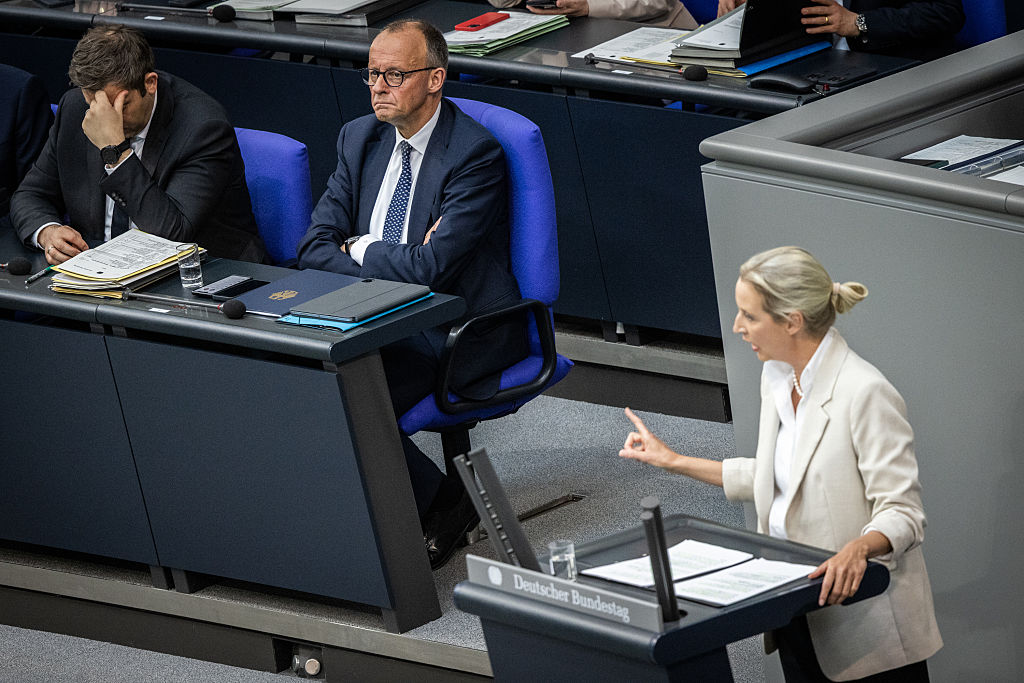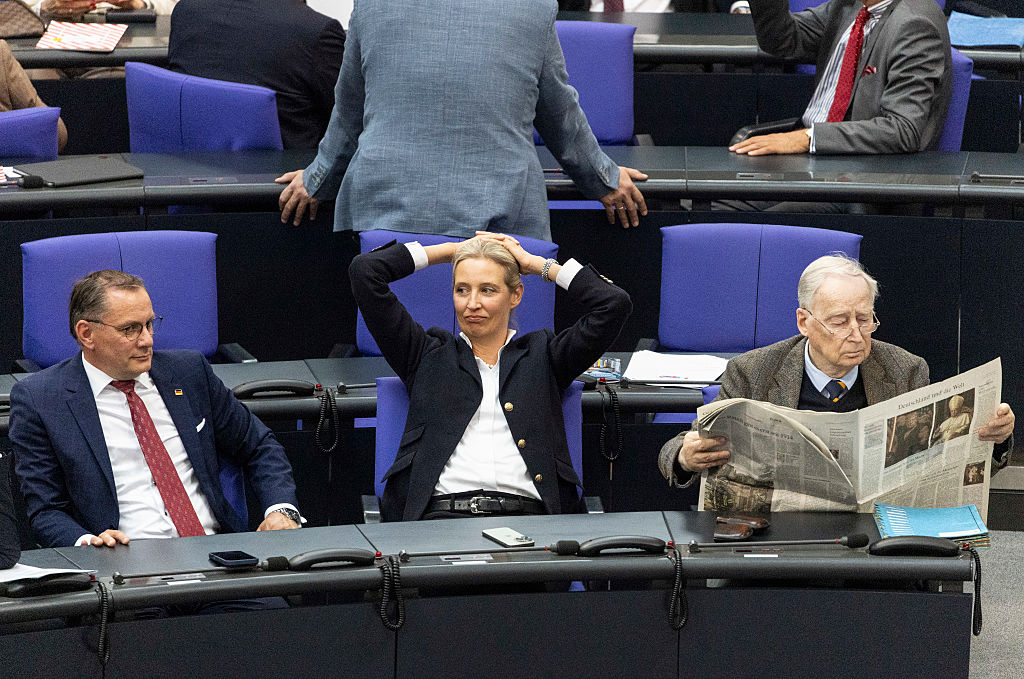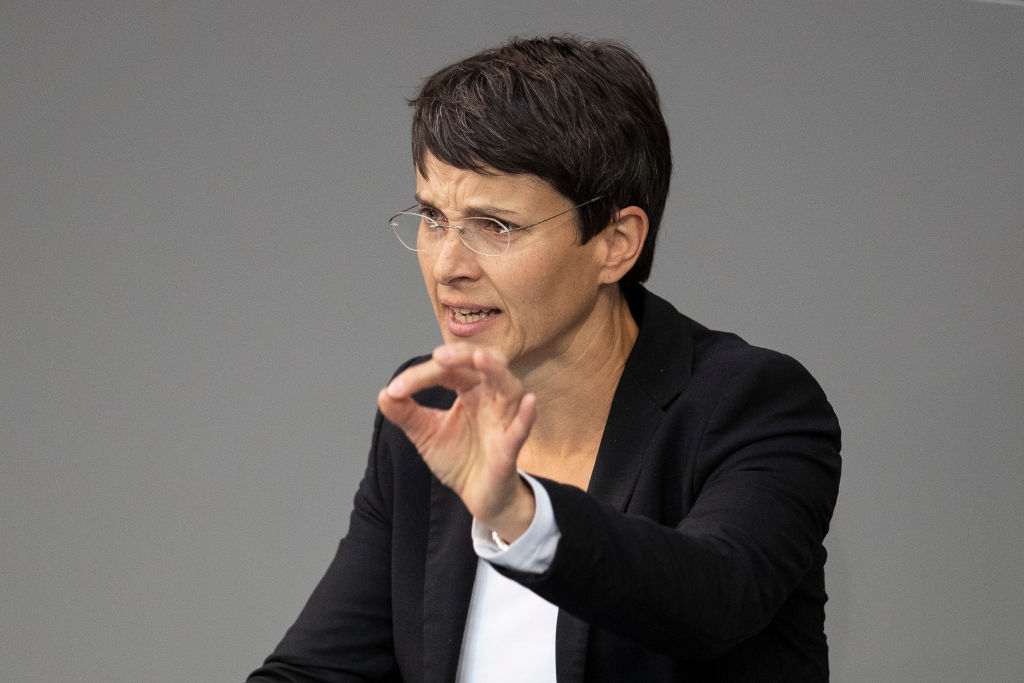Germany’s Social Democrats are leaning even more towards the Left. At the party convention in Berlin from 27 to 29 June delegates passed several resolutions that showed a large fraction of the SPD foot soldiers are ready to march further away from the political centre.
Party members even voted in favour of striving for a ban on the opposition Alternative for Germany party (AfD) due to its “right-wing extremism”, even though polls show AfD is the most popular party in the country.
Party leader Lars Klingbeil, vice chancellor and finance minister in the recently sworn-in CDU-SPD coalition government of Chancellor Friedrich Merz, received a devastatingly bad convention election result. Only 65 per cent of delegates gave him their vote for the party chairmanship. Meanwhile, 95 per cent voted for labour minister Bärbel Bas as the SPD’s new co-chairwoman. Bas is a prominent member of the SPD’s left-wing, while Klingbeil comes from the party’s more “centrist” branch. Bas’ core issue is “social justice”.
Social justice was one of the key talking points at the convention, with many speakers demanding higher pay-outs for the poor and tax rises for the rich. Bas herself said: “There are managers who rake in salaries in the millions. But what happens when things go badly in Germany? Then it’s supposedly due to the lazy workers! That’s what I call class warfare from above – and it has to stop!”
The vote spells ill for Germany’s government’s plans to reform the country’s burgeoning social welfare programme, the so-called citizens’ pay (Bürgergeld). The scheme, introduced under the previous SPD-led left-wing government, is costing the German state more than €50 billion per year. In many cases the pay-outs are so generous that recipients have no inclination to take up work as it would mean they actually get less than by remaining on welfare.
On June 29, Conservative whip Jens Spahn (CDU) told German magazine Spiegel that the costs were “out of control” and that the government would have to talk about changing the system.
However, “social justice” is not the only area where the SPD’s base may cause friction in the coalition. The Social Democrats may now even jeopardise Germany’s plans for ramping up its defence capabilities. Party members voted in favour of a resolution that set tight limits on the new CDU-SPD coalition government’s abilities to reinstitute the military draft. The resolution reads: “We do not want an activatable legal option to call up conscripts before all measures for voluntary increase have been exhausted.”
Previously, German defence minister Boris Pistorius (himself SPD) had wanted to introduce a new conscription law that would introduce mandatory military service step-by-step if there were not enough volunteers.
The SPD’s resolutions received harsh criticism from the German Armed Forces Association. Its president André Wüstner said: “Many in the SPD have apparently still not realised the enormous challenges we face due to our fragile European security architecture, the threat situation and the resulting military and personnel capability goals”.
However, despite the friction between its centrist and leftist wings, the SPD is showing unity when it comes to its political opponents. On the last day party members voted in favour of striving for a ban of the opposition Alternative for Germany party (AfD) due to its “right-wing extremism”.





